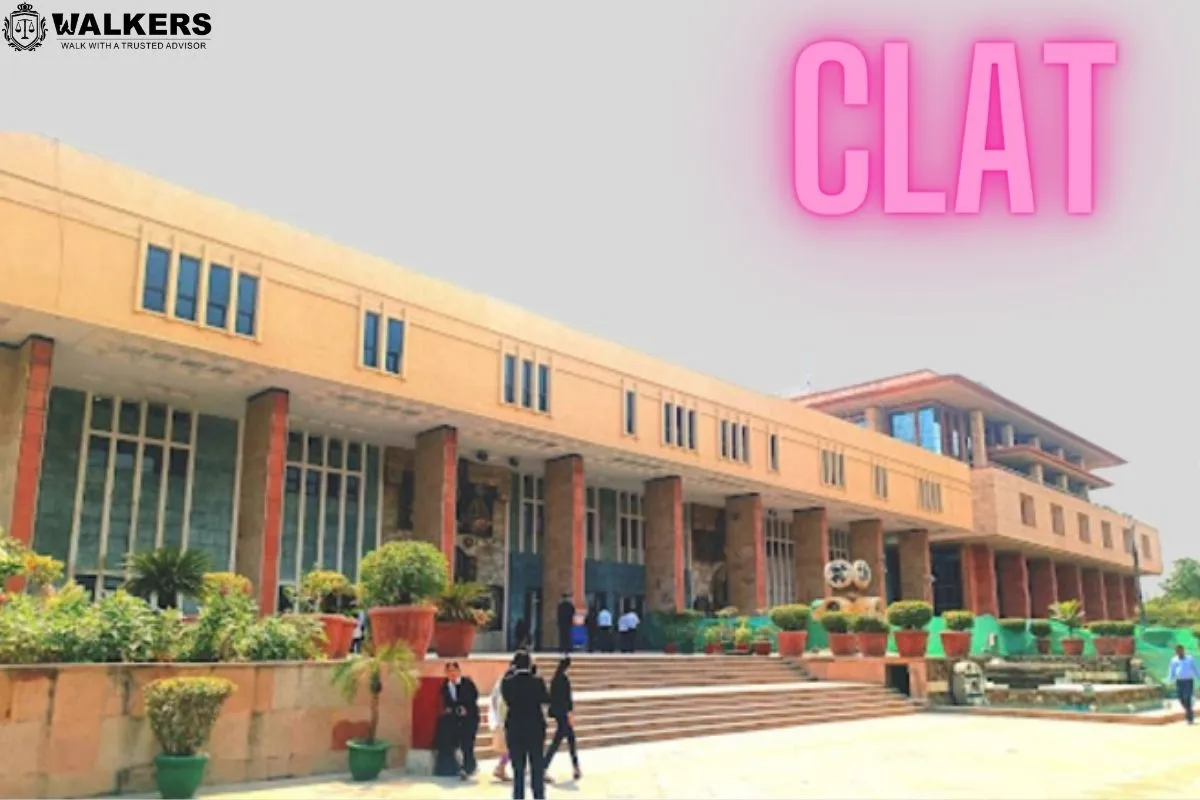


Bar Council of India (BCI) Extends Support to PIL Urging CLAT Conduction in Regional Languages
The Bar Council of India (BCI) has thrown its weight behind a public interest litigation (PIL) petition currently before the Delhi High Court. The PIL seeks to make the Common Law Admission Test (CLAT) more inclusive by advocating for its administration not only in English but also in Hindi and various other regional languages.
In a recently submitted affidavit to the High Court, the BCI argued that expanding the administration of CLAT to languages beyond English would significantly enhance access for aspiring candidates, fostering a more diverse pool of individuals pursuing legal careers.
Expressing unequivocal support for the petitioner's cause, the BCI articulated, "The Bar Council of India wholeheartedly endorses the petitioner's plea for the incorporation of regional languages in the CLAT examination. Such an inclusive approach would undoubtedly open doors for a wider cross-section of our nation's populace to participate in this examination and subsequently embark on a legal profession journey."
The BCI's affidavit emerged in response to a fervent plea put forth by Sudhanshu Pathak, a dedicated law student. Pathak's petition implored the High Court to mandate the inclusion of Hindi and other regional languages in the CLAT 2024.
Pathak cogently contended that the current English-only format of CLAT disproportionately disadvantages students educated in non-English mediums. He asserted, "CLAT perpetuates a system of inequity and denies a level playing field to those students hailing from regional language-oriented educational backgrounds. The heightened linguistic demands of an already intense examination impose an additional hurdle, necessitating mastery over a new language."
However, the Consortium of National Law Universities presented a contrasting perspective, lodging an opposing affidavit. The Consortium argued that logistical complexities make it impractical to conduct CLAT 2024 in multiple regional languages. Drawing distinctions, they emphasized that CLAT's scale and scope differ from other prominent qualifying exams like UPSC, IIT-JEE, and NEET.
The Consortium further underscored that even other major exams, while comprehensive in scope, do not embrace all the regional languages enumerated in the Eighth Schedule of the Constitution.
TAGS: Bar Council of India BCI PIL Delhi High Court CLAT Common Law Admission Test regional languages Hindi English inclusivity legal career affidavit Sudhanshu Pathak linguistic diversity educational backgrounds Consortium of National Law Universities logistical challenges equitable access Constitution Eighth Schedule.